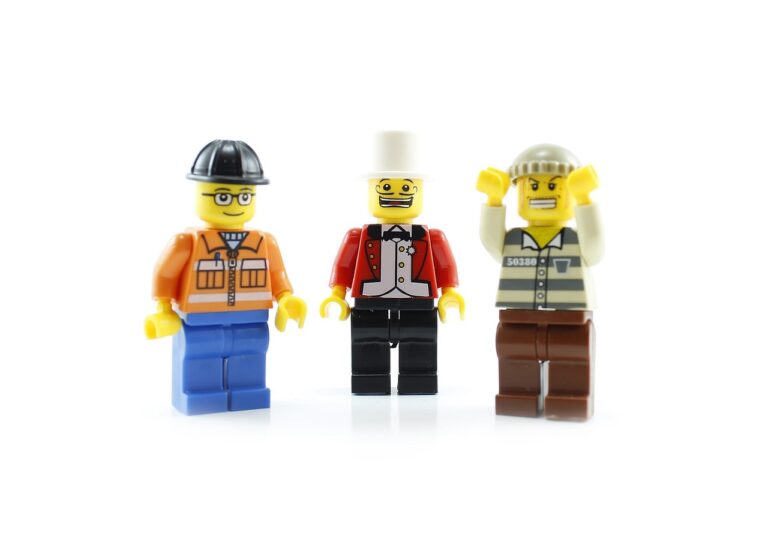The Power of Mindful Breathing for Anxiety Relief in Children
Mindful breathing can be a valuable tool for children to manage their emotions and stay focused. By taking slow, deep breaths, children can calm their minds and bodies, helping them to deal with stress and anxiety more effectively. This simple practice can teach children to regulate their emotions, improving their overall well-being and resilience.
Additionally, mindful breathing can enhance children’s ability to concentrate and be present in the moment. By encouraging children to focus on their breath, they can learn to let go of distractions and center their attention on the present task at hand. This can lead to better academic performance and increased mindfulness in daily activities.
Understanding Anxiety in Children
Anxiety in children is a common yet often misunderstood condition that can manifest in various ways. It is essential to recognize the signs of anxiety in children, as they may not always verbalize their feelings of worry or fear. Children with anxiety may exhibit physical symptoms such as headaches or stomachaches, as well as emotional signs like irritability or tearfulness.
Understanding the triggers of anxiety in children is crucial for providing appropriate support and intervention. Factors such as school stress, social pressures, family dynamics, or traumatic events can contribute to the development of anxiety in children. By identifying the underlying causes of anxiety, caregivers and educators can implement strategies to help children cope with their fears and worries effectively.
How Mindful Breathing Can Help Manage Anxiety
Mindful breathing can be a powerful tool in helping children manage anxiety. By focusing on their breath, children can bring their attention to the present moment, helping to calm their minds and bodies. This practice encourages children to let go of worries about the future or regrets about the past, allowing them to find peace and stability in the now.
Engaging in mindful breathing can also provide children with a sense of control over their emotions. When faced with anxious thoughts or feelings, children can turn to their breath as a reliable anchor. This simple act of tuning into their breathing can help them regulate their emotions, reduce stress levels, and cultivate a sense of calmness and inner strength.
Can mindful breathing really help children manage anxiety?
Yes, mindful breathing has been shown to be an effective tool in managing anxiety for children.
How can mindful breathing benefit children?
Mindful breathing can help children by promoting relaxation, reducing stress, and increasing their ability to focus and regulate their emotions.
What is the relationship between anxiety and mindful breathing in children?
Anxiety can often manifest itself in children through feelings of worry, fear, and unease. Mindful breathing can help children calm their minds and bodies, which can in turn help manage their anxiety symptoms.
How can parents help their children practice mindful breathing?
Parents can encourage their children to practice mindful breathing by guiding them through deep breathing exercises, setting aside time for relaxation, and being supportive and understanding of their child’s emotions.
Are there any potential side effects of practicing mindful breathing for children?
Mindful breathing is generally safe for children to practice, but it’s important for parents to be aware of any potential triggers or discomfort their child may experience while practicing deep breathing exercises. If a child has difficulty with mindful breathing, it’s recommended to consult with a healthcare professional.







